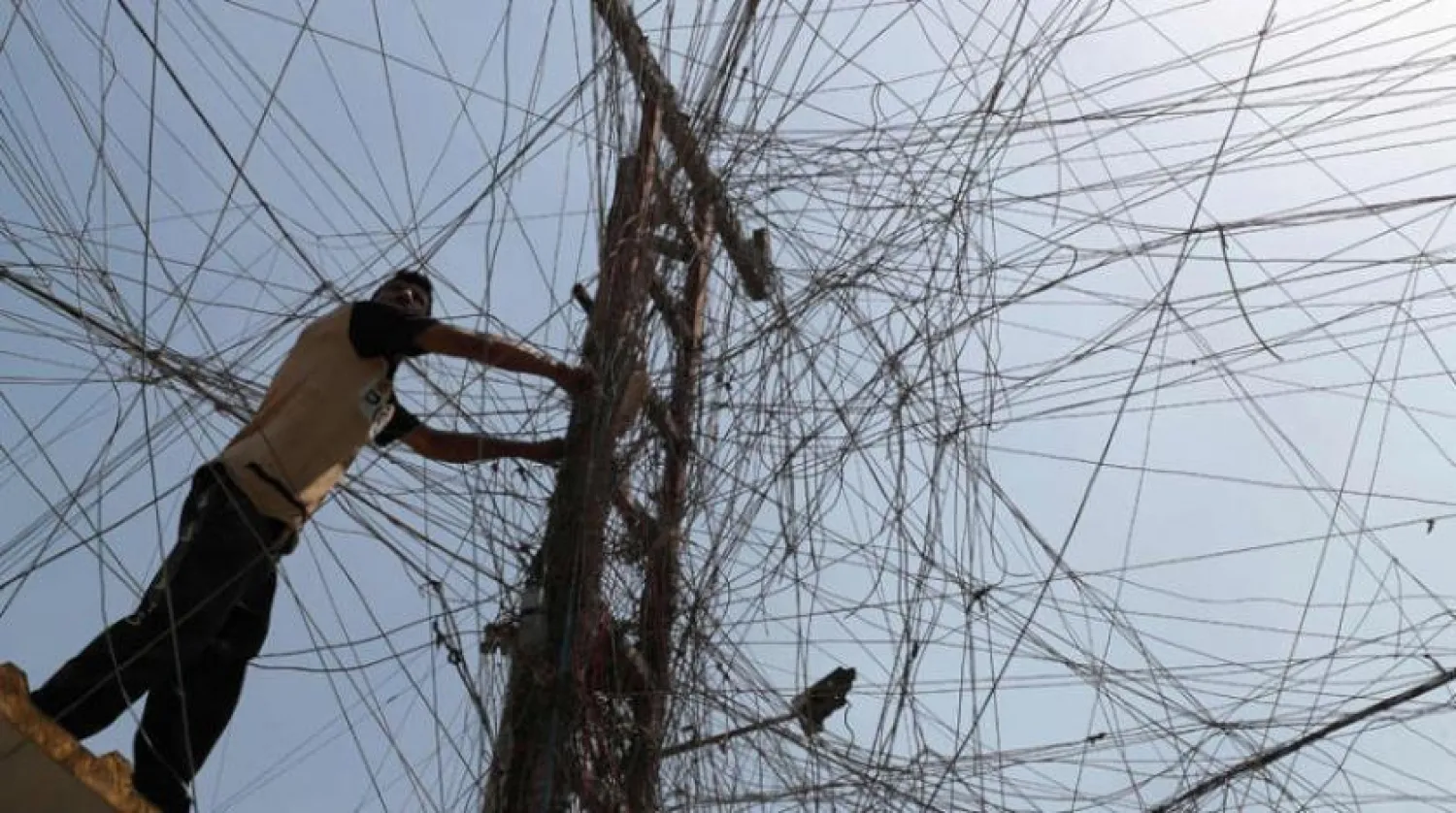Iraq's northern Salaheddin province was left partially without power after "terrorists" blew several pylons, the government said Thursday, as increasing attacks add to the strain on Iraq's electricity network.
"Terrorist elements" using "explosive devices" carried out attacks on 13 pylons over the past 48 hours, the electricity ministry said in a statement.
Provincial authorities distributed photos showing the damaged pylons.
Several districts in Salaheddin have since been without power, including some neighborhoods in Samarra, one of the province's largest cities, an AFP correspondent said.
Unclaimed attacks on Iraq's electricity network have been increasing since the start of summer.
Authorities normally accuse "terrorists" of being behind the attacks, without identifying a particular group.
Oil-rich Iraq produces just 16,000 megawatts of power -- far below the 24,000 megawatts needed, and even further from the expected future needs of a country whose population is set to double by 2050, according to the UN.
The country buys gas and electricity from neighboring Iran to supply about a third of its power sector, which has been worn down by years of conflict and poor maintenance, and is unable to meet the needs of the country's 40 million population.
Last month, areas in the country's south were plunged into darkness for several days after a series of similar attacks.
Around the same time, Iran briefly suspended its gas and electricity exports because of Iraq's failure to pay a $6 billion energy debt.
The US blacklisted Iran's energy industry in late 2018 as it ramped up sanctions, but has granted Baghdad a series of temporary waivers, hoping that Iraq would wean itself off Iranian energy.
The failure of Iraq's power system is particularly acute in the baking hot summer months, often a time of social protest exacerbated by electricity shortages, when temperatures shoot past 45 degrees Celsius (113 Fahrenheit).
Energy consultant Harry Istepanian said factors contributing to Iraq's energy crisis included not only the Iranian export suspension but also a "lack of enough generation capacity and fuel supply, lack of maintenance of the existing generation units, high demand... high technical and commercial losses, vandalism and sabotage".









